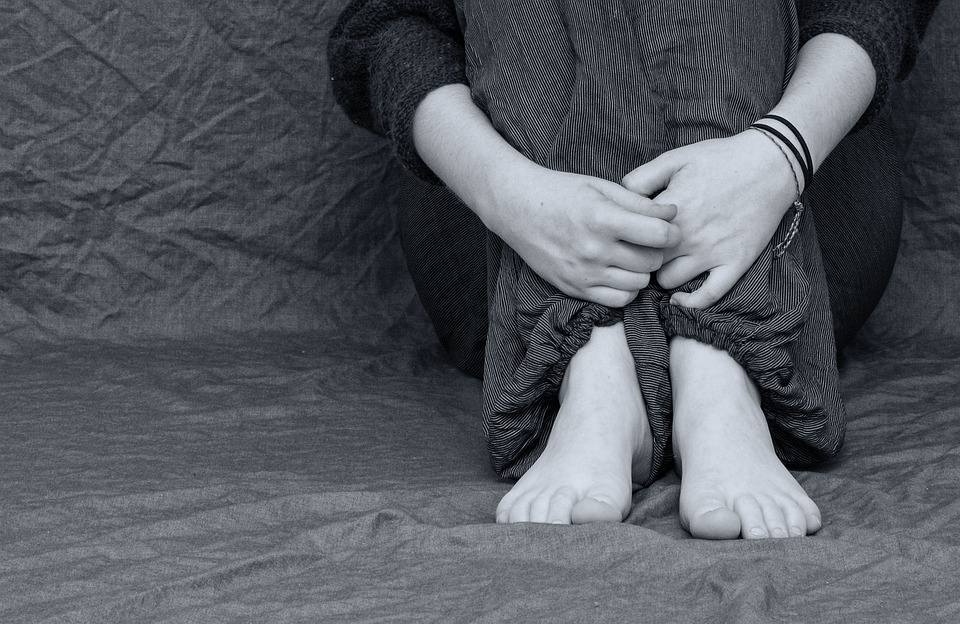New laws needed to remove domestic abusers from homes, says CIH Scotland
CIH Scotland has called on the Scottish Government to introduce new legislation to allow social landlords to remove domestic abusers from a domestic setting in a protection situation.
In its response to a government consultation on emergency barring orders (EBOs), CIH recommended that if someone is at risk of domestic abuse, immediate action should be taken to stop the perpetrator from entering the home and gaining access to the victim, regardless of tenure.

CIH also noted that any remedy is not in itself a complete response to domestic abuse but should be the beginning of a process to develop a civil or criminal response that allows for the permanent removal of an abuser.
In its evidence, CIH Scotland also recommended that police are given the power to issue an EBO before making a longer-term application to a court to protect a person at risk. In addition, victims should be able to approach the police to request that they use their powers to issue an EBO and this process will require the police to be well trained to understand the changes in the law under the Domestic Abuse (Scotland) Act 2018.
In conclusion, CIH Scotland recommended that there is also a need to review and update the Matrimonial Homes (Family Protection) (Scotland) Act 1981 to allow social landlords to protect victims and end a joint tenancy for only one party where that person has breached their tenancy through an act of domestic abuse.
CIH Scotland director Callum Chomczuk said: “Every year, thousands of people are affected by domestic abuse. Pain, control, coercion and degradation are needlessly and cruelly inflicted on women by the very person who claims to love - or have loved - them. And it is - primarily - women who experience and men who perpetrate domestic abuse.
“As such, we welcome plans from the Scottish Government to provide protection for women by placing conditions on perpetrators - including temporarily removing them from households to prevent further abuse. It is right that this protection would be applied irrespective of tenure but it can’t be seen as a substitute for a criminal or civil response by the authorities.
“However, we think the law needs to go further than this. We note the recommendation from HARSAG that called for ‘clear policies on domestic abuse, and ensuring that experience of abuse or violence does not lead to someone losing their tenancy’. We want to see further legislative change so that all social landlords have the option of legally and permanently removing abusers from their socially rented home so that victims are protected and perpetrators are held to account.”








